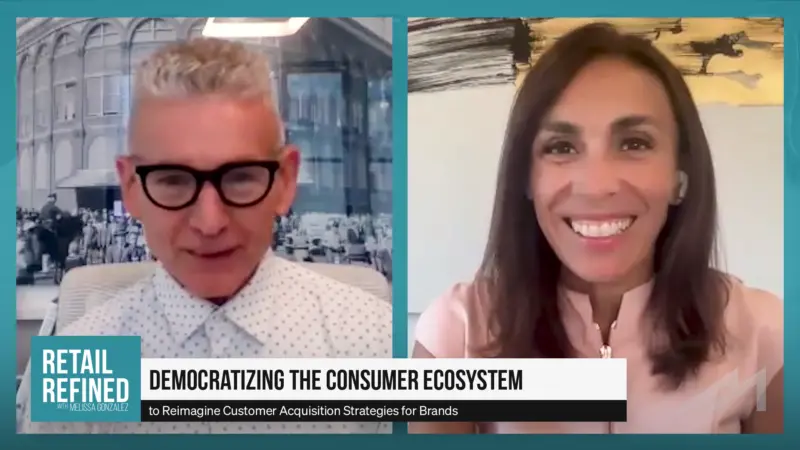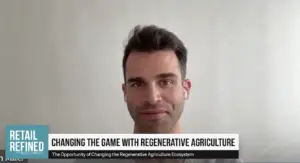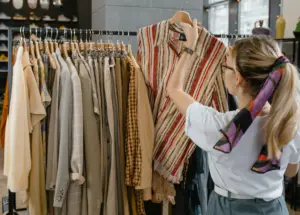Creating a Future in which the World is a Store: Retail Refined
In this episode, Melissa speaks with founder Spencer Hewett on how the possibilities of RFID are evolving with RADAR’s speed and accuracy around item-level analytics and autonomous checkout.
With the goal of giving retailers the insights needed to understand what is happening in their stores at any given moment, they are helping their partners illuminate what’s on the sales floor vs. in the stockroom and find misplaced items in real-time.
Hear how they are taking insights another step deeper by layering on computer vision on top of their RFID platform and where the future lies. In Hewitt’s purview, the future is where the world becomes a store and every object can become indexed and purchasable.
Hewitt is the founder/inventor of RADAR, a fully-integrated hardware and software solution that is powered by RFID and enhanced by computer vision. He was named one of entrepreneur Peter Thiel’s “20 Under 20”, is a Y Combinator Alum and has invented/prototyped various technologies (mostly at hackathons), including intelligent advertising displays, wireless hospital hand-hygiene compliance systems, computer vision software for detecting heart rate (implemented on Google Glass), and a device for the visually impaired. To date, Hewitt has filed patents for over 20 inventions on behalf of RADAR.
Radar, a platform that combines radio frequency identification (RFID) with computer vision to help retailers automate inventory management and more, announced that it has raised $16 million in a round of funding from Ashton Kutcher’s Sound Ventures, NTT Docomo Ventures, Align Ventures, Beanstalk Ventures, Colle Capital, Founders Fund Pathfinder, and Novel TMT.
Questions Asked
1) Why did you found the company in 2013, what was your vision then?
2) How has your vision evolved? How have you seen the market progress in making RFID more accessible and integrated?
3) You say that your RFID technology is different from traditional RFID, as you build everything from the ground up using “proprietary signal processing methods and location algorithms” that improve the ability to identify an RFID tag in three dimensions – can you explain that to us?
4) Radar layers on computer vision with RFID – how has that make your approach different/more powerful? What insights can you glean?
5) What have been the biggest challenges around integration and how are you solving for that?
6) Any key customers/case studies you can highlight? Best successful examples?
7) What are some use cases not yet made possible that you see pursuing in your future? You have mentioned autonomous check out in the past…








